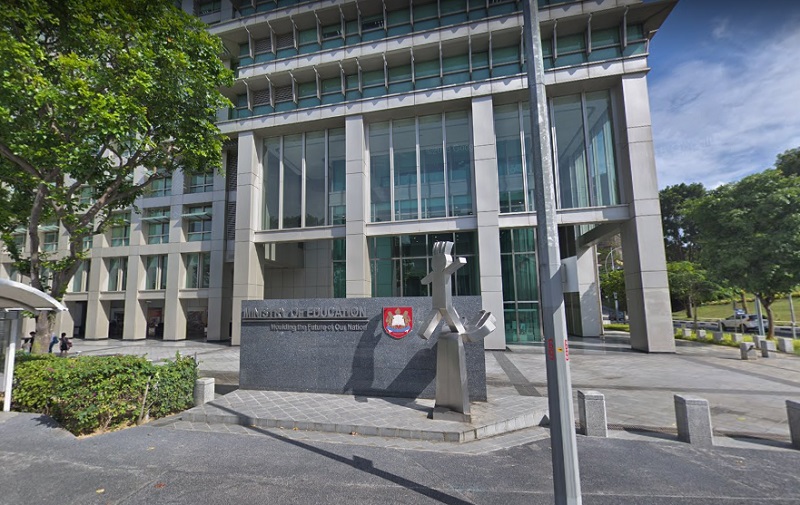33 Singaporean academics including professors and PhD students joined other academics to sign a letter to education minister Ong Ye Kung about the “harmful” effects of Singapore’s anti-fake news law towards research in the country.
The letter was released Thursday under the group “Academics Against Disinformation” and featured 83 academics, including some ones with media backgrounds such as Ang Peng Hwa from Nanyang Technological University and Cherian George from Hong Kong Baptist University.
Out of the 33 Singaporean academics who signed under their individual capacity, 17 of them were in Singapore-based universities such as National University of Singapore and Nanyang Technological University.
According to a copy of the letter which Coconuts Singapore received, the academics voiced concern that the law potentially criminalizes false facts, whereas academic work is all about questioning the facts which could appear to be sowing discord online.
How facts work in academia
Academics often question facts by conducting new research to either disprove or add on to a fact, the letter said.
Thus, the letter argued that it is difficult to state what is a fact and what is a misleading conclusion.
The facts that are often questioned by academics are ones that “a reasonable person” would consider to be a fact when it actually has not been proven to be fully true, the letter added.
This process is often carried out now over social media, with universities encouraging professors to share their work-in-progress as commentary articles through the media.
“Wide dissemination of ongoing research—which may be considered “facts in dispute”—is a global public good facilitated by the borderless internet,” the letter stated.
As such, the group of academics are concerned that the law’s wide reach, broad definition of what is of “public interest”, the online platforms such commentaries are posted on and the severe penalties “will discourage this for an indeterminately wide range of subjects and individuals”.
“This act discourages scholars from marshaling their expertise in precisely the areas where it is most needed—namely, pressing questions and challenges for which there are no clear answers or easy solutions,” the letter added.
Group rejects ministry statement
The group is also concerned that the law could inspire other countries to create such laws and asked the government to clarify how the law is applied to scholarly work “and ensure safeguards for scholarly research and its online outreach”.
In an update to the letter on Saturday, the group alleged that the education ministry “responded through Singapore media on 12 April 2019”. A check showed that the ministry released a statement to The Straits Times reassuring academics that the bill “does not restrict opinion and will not affect academic research work”.
“We cannot accept (the ministry’s statement) as a categorical guarantee until it is reflected in the language of the bill,” said the group.
The update further added that academics were on the frontlines on the battle against misinformation “but no country’s response should undermine the very capacities it requires to deal with this crisis”.
Under the new law, called the Protection from Online Falsehoods and Manipulation Bill, the government will have the ultimate power to take online news sources and platform to task if they disseminate “deliberate online falsehoods”.
This also includes having the ability to ask such news sources and platforms to display corrections or warnings about such “falsehoods” so that readers will be informed about these errors.





Reader Interactions